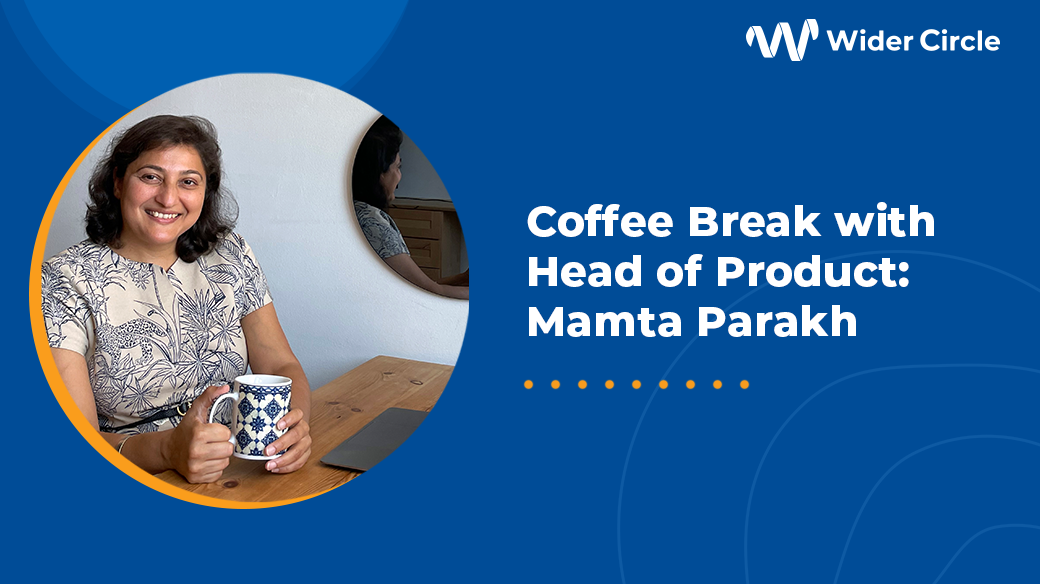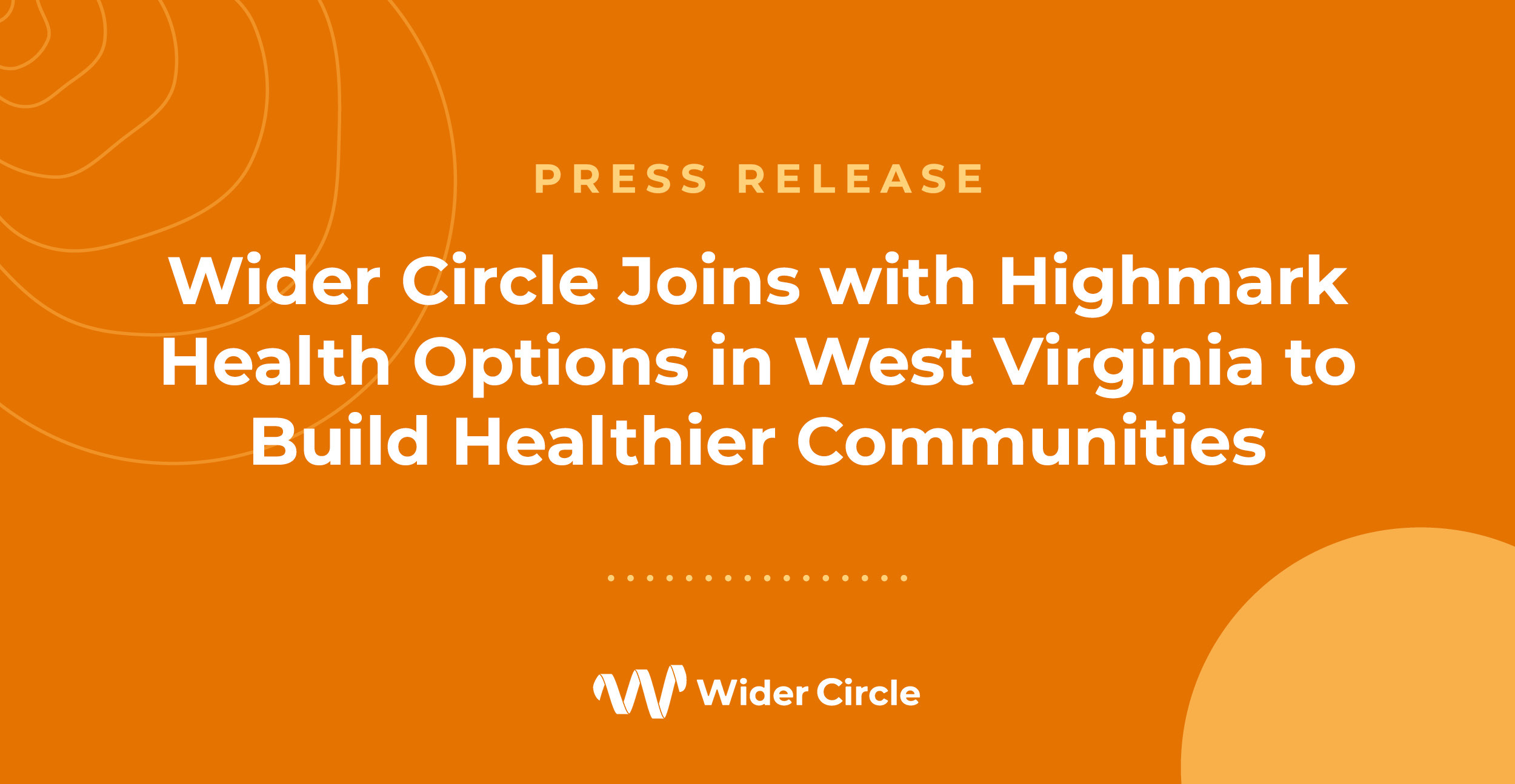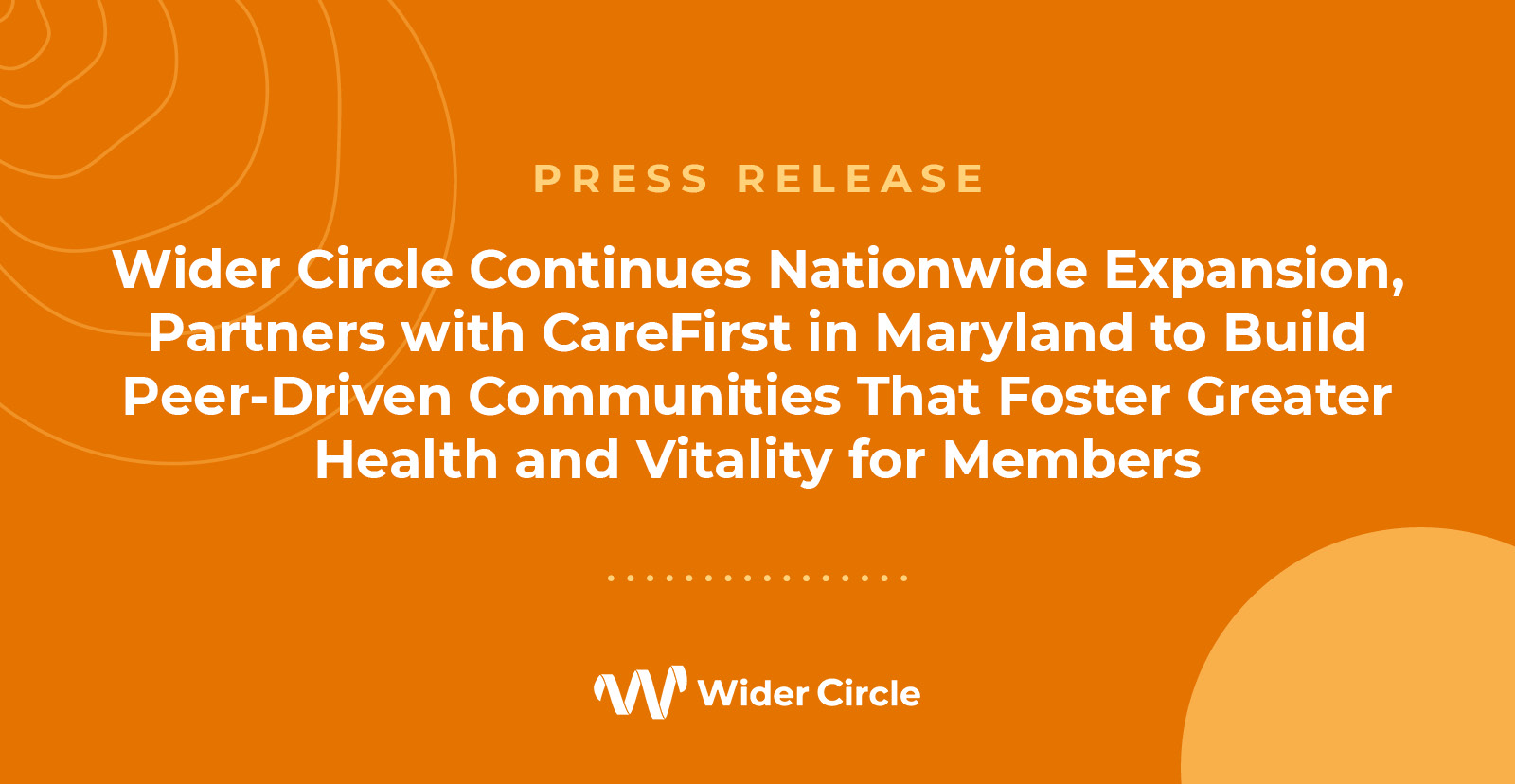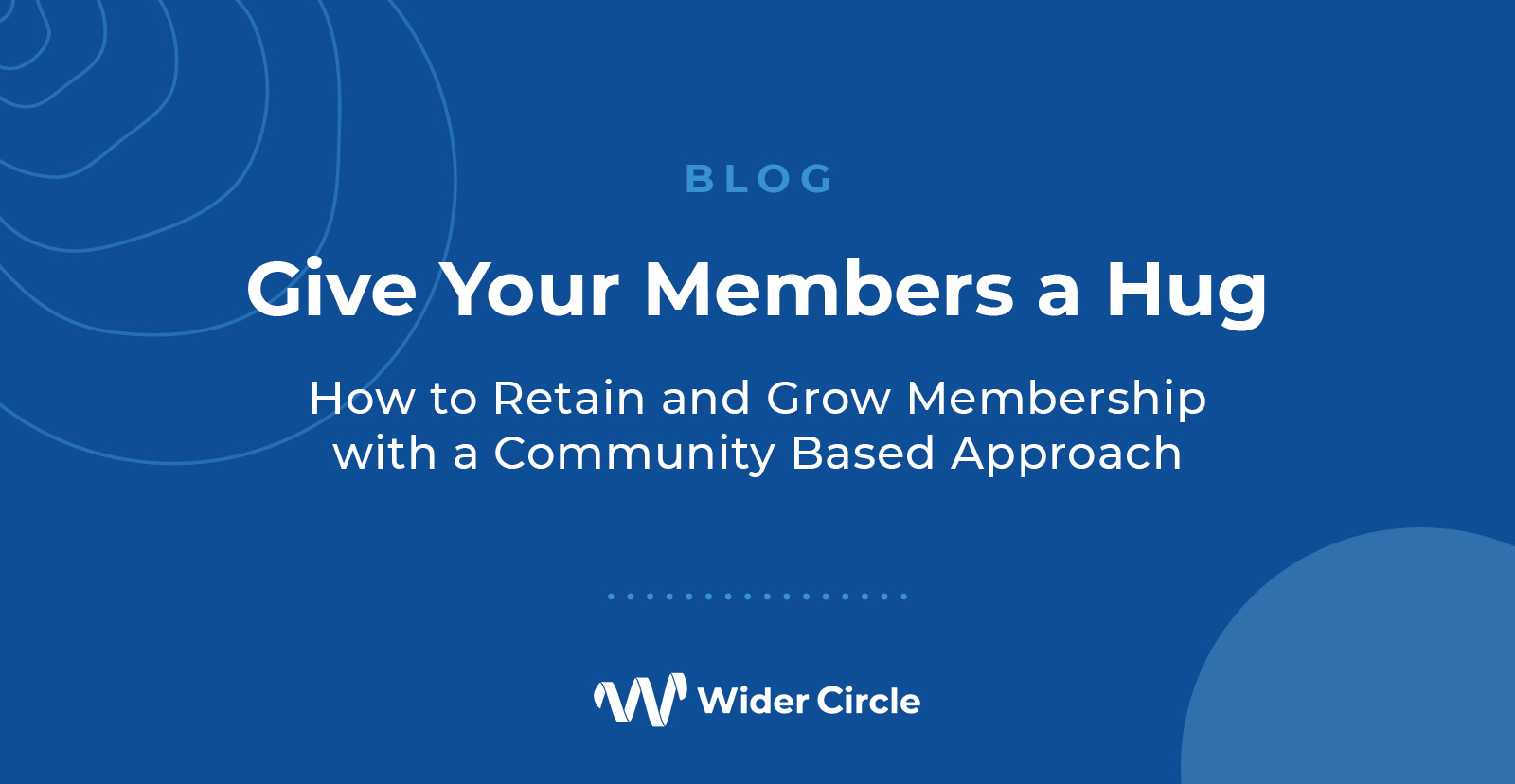
Recently our editorial team had a chance to sit down with Wider Circle’s Head of Product Management, Mamta Parakh. Her background is as diverse and bold as her favorite coffee drink (a “well-made flat white”), including health technology experience that spans strategy, product management, and data science. With a passion for user-friendly tech for aging communities, Mamta is paving the way for new product innovations to further Wider Circle’s mission: Connecting neighbors for better health. Meet Mamta!
Q: Mamta, thanks for taking a coffee break to share some of your insights about health tech and your journey as a leader in this space. But first, tell us a bit about yourself and how you came to join Wider Circle.
I have over 15 years of experience building healthcare technology products with data. I started my career as a software engineer at Infosys Technologies and Google, which gave me a great foundation. I earned my M.S. in Management Science and Engineering from Stanford University and a B.Tech. in Civil Engineering from the Indian Institute of Technology, Delhi. I have lived, studied, and worked across Asia, Europe, and the United States. Currently, I live in New York City with my husband, a research scientist at the IBM T. J. Watson Research Center.
Before moving into health-tech start-ups, I enjoyed a rewarding career as a management consultant with ZS Associates, where I was part of the healthcare practice, building scalable solutions for global life sciences companies to assist with new drug development and go-to-market. With a desire to play a bigger role in product leadership, I took on positions at Genomic Expression, Collective[i], and most recently Quartet Health, building platforms with AI/machine learning applications for decision-making by diverse users across healthcare, life sciences, and technology sectors.
At Quartet Health, a mental healthcare technology company, I joined shortly after the company was created and took on leadership roles to grow the business to 10+ customers across multiple states and over 300 employees. As I got familiar with the mental health space, spoke with practitioners, and looked at the data, I realized that Medicare and Medicaid enrollees were often underserved and faced more stigma and inequities. We built value-based care models to improve access among underserved populations. Over the last few years, I have found myself drawn to community-driven solutions for aging and wellbeing for seniors. This interest eventually drew me to Wider Circle.
Q. I can see where you get your passion for addressing health inequities through technology. What are you most excited about when it comes to these types of innovations for Wider Circle?
Wider Circle’s success in fulfilling its mission to connect neighbors for better health is grounded in trusted peer-to-peer connections. Peers have the power to motivate one another to get and stay healthy. This starts in the communities where they live, work, and play. I am most excited about building an enablement platform for community leaders and health advocates to support this effort. Bringing sustainable and scalable solutions for improving health and quality of life for our seniors in particular within this setting is a strong motivator for me.
Our platform allows community leaders and members to mobilize neighborhoods, battle loneliness, and double down on preventative health and wellbeing. We help them curate and connect with local resources to resolve social and care needs within their communities. Imagine having well-informed neighborhoods with proactive attention to individual health needs and well-established support systems for aging in place. We are working towards a seamless data-driven technology platform that helps scale this nationwide.
Q. What do you see as the greatest opportunities for changing healthcare for the better?
I would love to see more communities taking charge of their health, and the care system better enabling and supporting them. The likelihood of developing a chronic disease or suffering from an injury comes back to how we live: How active we are, what we eat, whether we smoke, how we take care of our mental health, etc. When we get sick with chronic disease, the care system is more effective when there is a rallying community around us.
Q: How do you see Wider Circle supporting this change, and why should healthcare leaders pay attention?
Wider Circle tackles the racial and ethnic disparity in health head-on. We take a tech-enabled grassroots approach to implementing population-based health strategies, leaning heavily on peer-to-peer connections that engender trust and cultural competency. For the health and care system, we are a vehicle to drive investments in communities and promote health equity.
Q. What about your job gets you jumping out of bed in the morning?
I am motivated to show up every day for the passionate, innovative, and hard-working team at Wider Circle. I think about our products and scale – developing the vision of what it is that we offer to our customers and thinking about how we can bring a consistent and high quality experience to thousands of communities. It has been really eye-opening and rewarding to focus on seniors and develop solutions that work for them.
Q. Women hold just 18 percent of data science jobs in the United States. What do you think needs to change to nurture more female leaders in this space?
I have been lucky to have great mentors throughout my career. We need to extend mentorship and sponsorship to women and people of color. A few years ago, I started a mentor circle program for the Stanford Women’s Network – an alum group in New York. Through running this program as well as personal experience, I found that the power of community extends to every sphere – including career growth.
We also have work to do to make data and engineering roles more accessible. In addition to the specialized training programs that have come up in the last decade, leaders in these fields should look to make their departments’ work more accessible. Suppose each of us takes an interest in shaping the careers of those around us with aptitude and provides them access to information or resources. In that case, we could easily double that statistic.
I look forward to a world where DEI does not need to be a special project but a part of every manager’s and leader’s mandate.
Q. Cheers to that! Care to share how you like to spend your time when you’re not immersed in data and technology?
Artistic or outdoor endeavors take up most of my spare time. I like to paint and go on long walks in Central Park or somewhere in the Hudson Valley. My husband and I met through music – we used to sing together in grad school. Now you can find us singing on the YouTube channel: Eventually Epic.
Q. You are clearly a woman of many talents, Mamta. Thanks again for sharing your insights. Will you let us know when your next video comes out?
Of course! Maybe we’ll take it on the road if we get enough likes.


